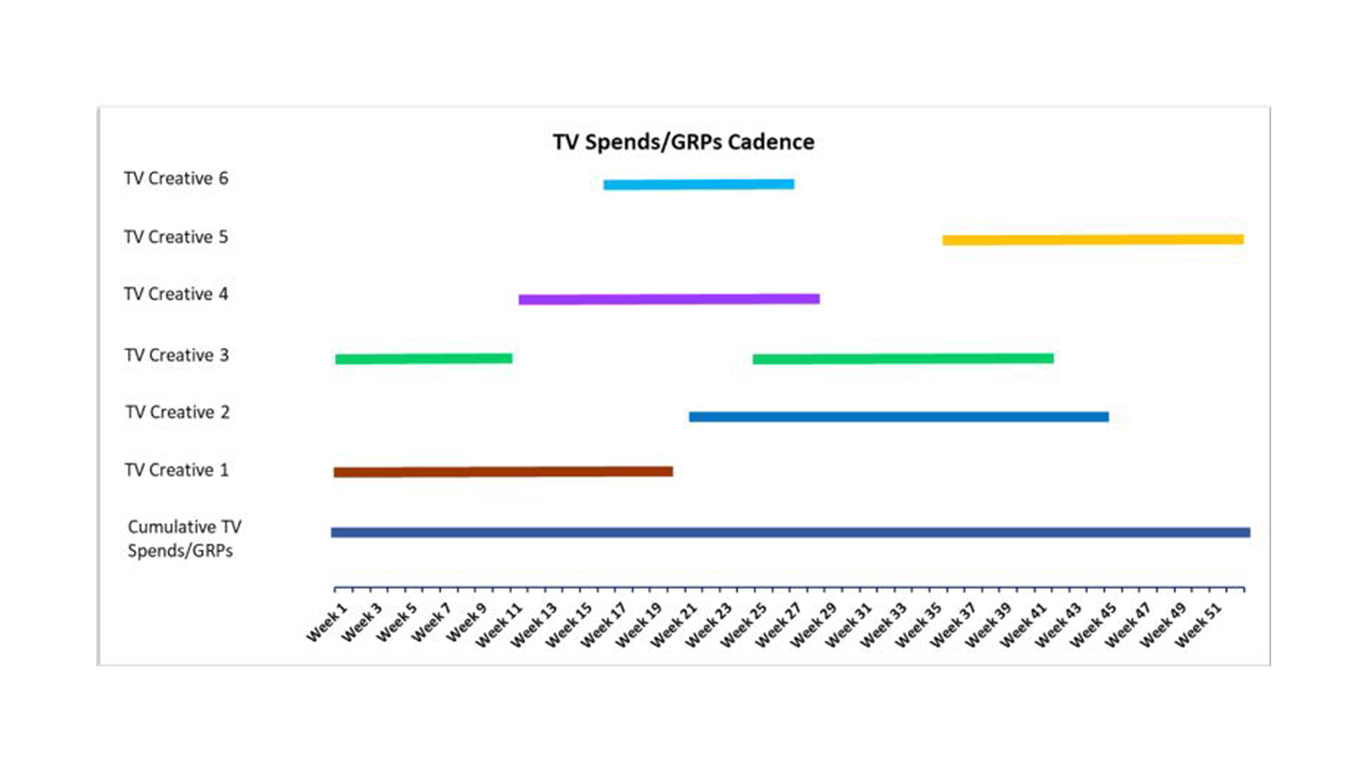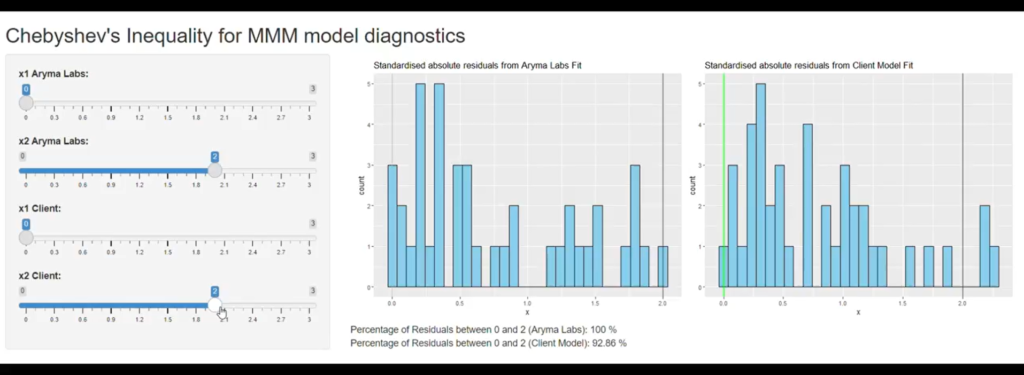One of the complaints many have with respect to MMM is that it does not provide granular insights.
While there are multiple solutions to this problem (will talk about this in future posts), let me unpack the granularity problem.
So what is the Granularity problem?
Lets take the example of TV. Many brands spends lot of money on TV ads and the below are typical scenarios:
Scenario 1 – different ads/creatives run concurrently.
Scenario 2 – the ads/creative run at different cadence across the whole time period.
The latter leads to data sparsity and often warrants use of cumulative TV spends/GRPs at the model level.
The usage of cumulative spends in the model thus means that we lose information at the creative level.
This is the granularity problem in MMM.
📌 How does it impact the MMM model?
Most brands often ask, if there are ways to discern the effect of individual campaigns.
The cumulative spends do not answer the question “which campaigns are more effective?”.
Statistically, inclusion of these sparse data could lead to problems of:
◾Multicollinearity
◾Poor model fit
◾Overall wrong attribution




